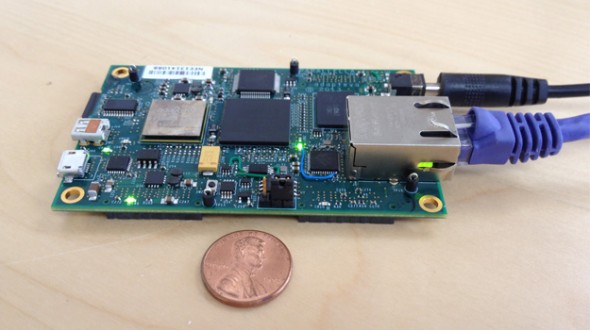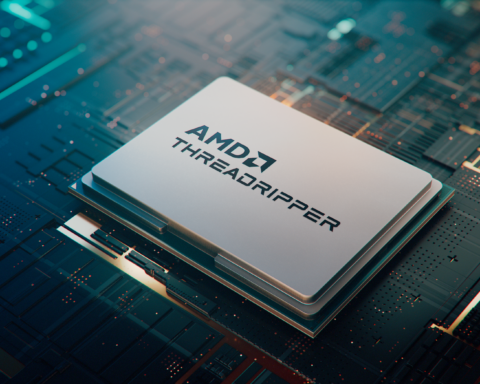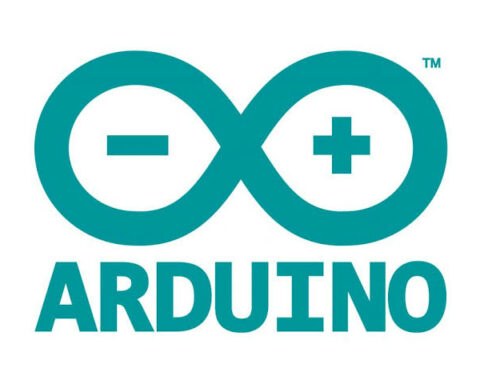 With the aim of providing access to cheap and open parallel hardware and development tools, and inspired by the great hardware communities like Raspberry Pi and Arduino the Parallella project was kickstarted.
With the aim of providing access to cheap and open parallel hardware and development tools, and inspired by the great hardware communities like Raspberry Pi and Arduino the Parallella project was kickstarted.
The project campaign has now come to an end and the group has successfully fulfilled their promise by publishing their hardware sources for the first version of the Parallella board on Github.
The success of kickstarter campaign allowed them to provide the 16-core version for $99, and the 64-core version for $750. The board will soon be shipped to people, who pledged on kickstarter, and the company has fulfilled one of the promises of the campaign to fully open source the platform.
Below are a few amazing features of the tiny board:
– Boot Flash – 128 Mb QSPI Flash
– Coprocessor – Epiphany Multicore Coprocessor. The Parallella-16 board includes the 16-core Epiphany-III processor The Parallella-64 board includes the 64-core Epiphany-IV processor
– Epiphany link expansion connector(s)
– Ethernet – 10/100/1000M Ethernet, RJ45 with magnetics and LEDs
– Expansion Connectors – Four 60-pin high speed Samtec connectors
– Indicators – 2 User controlled LEDs
– PCB Dimensions – 86.36mm x 53.34mm
– Power Source – USB or 5.0V DC
– Power: JTAG, debug connector
– SD Connector – MicroSD, 3.3V
– SoC – Xilinx Zynq7000 Series (Z-7010 or Z-7020) Dual-Core ARM Cortex A9 with 512KB L2 Shared Cache
– System Memory – 1024MB DDR3L
– USB 2.0 Port (1) Connects peripheral devices
– USB 2.0 Port(0) Connects to a host machine (PC/tablet/smartphone)
– Video – Micro HDMI connector
– Zynq programmable logic extension connector
The most astonishing feature of the device is that in spite of being a powerful computer, the whole system consumes just 5 Watts of electricity. Based on the reports, during a duration of usage, the 64 core version of Parallella provides enough processing power compete with a 45 gHz CPU.
As mentioned above, the source codes which include the design files, the Linux kernel, the u-boot, Ubuntu distro, SDK and everything is available at its GitHub repository.







